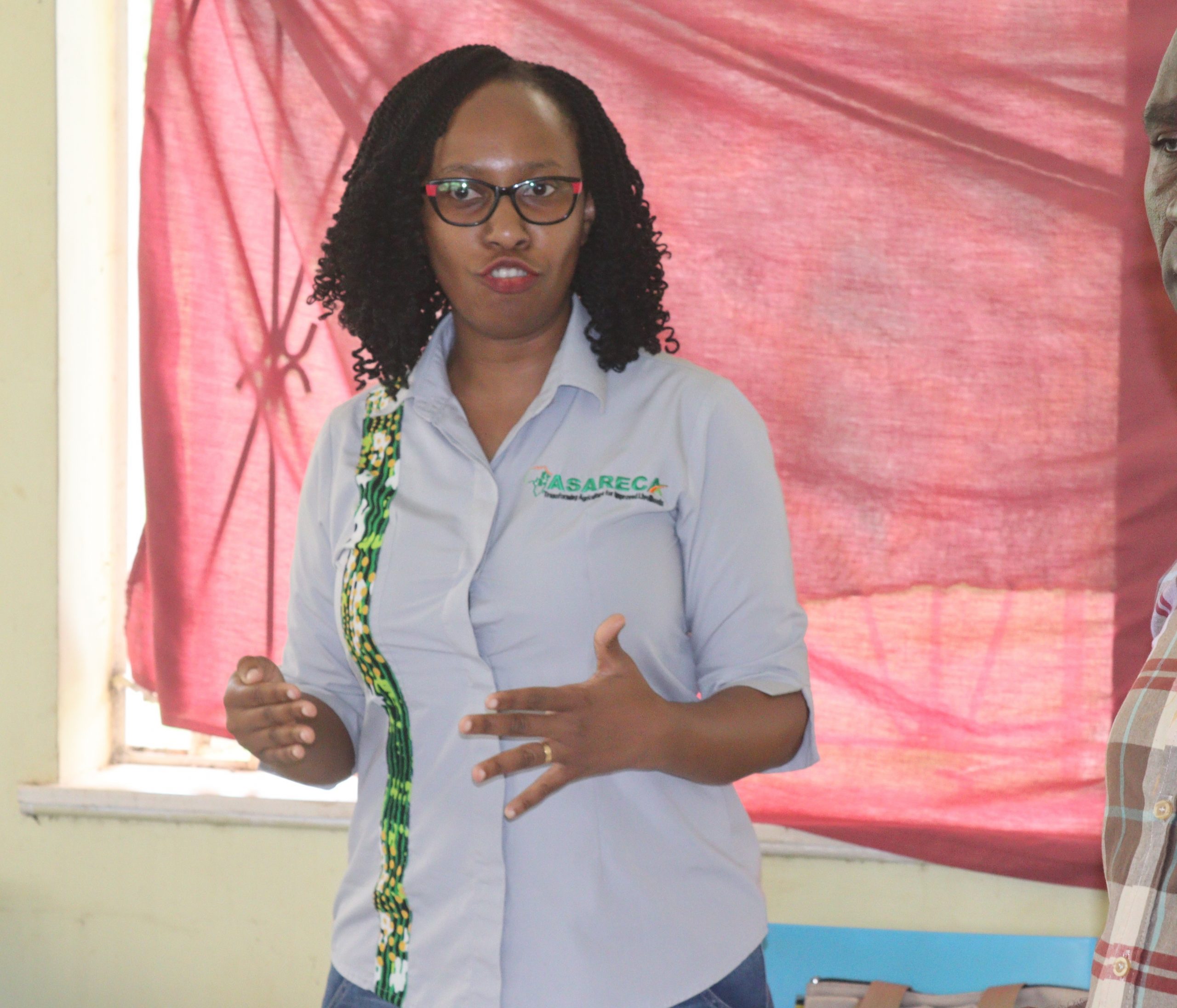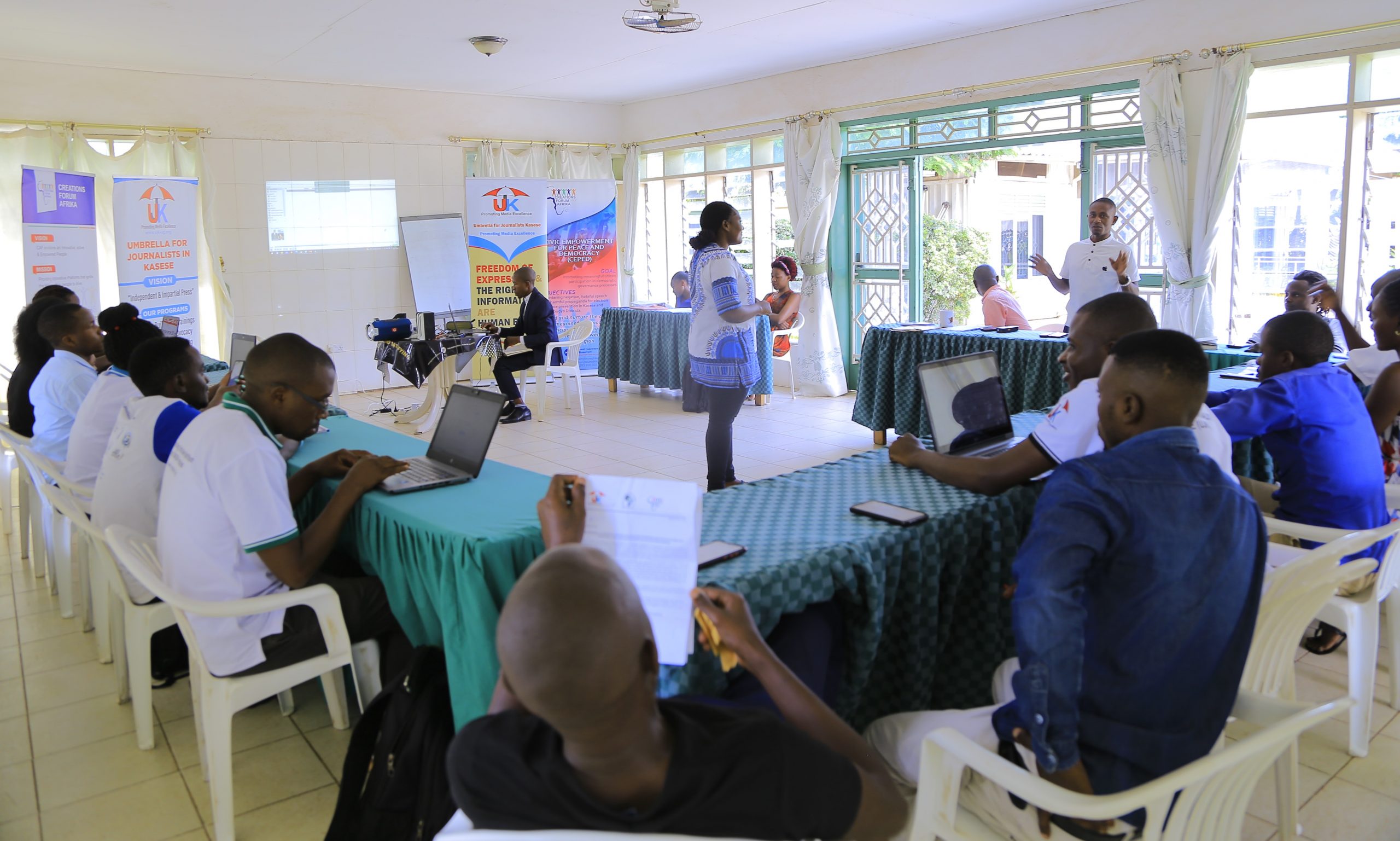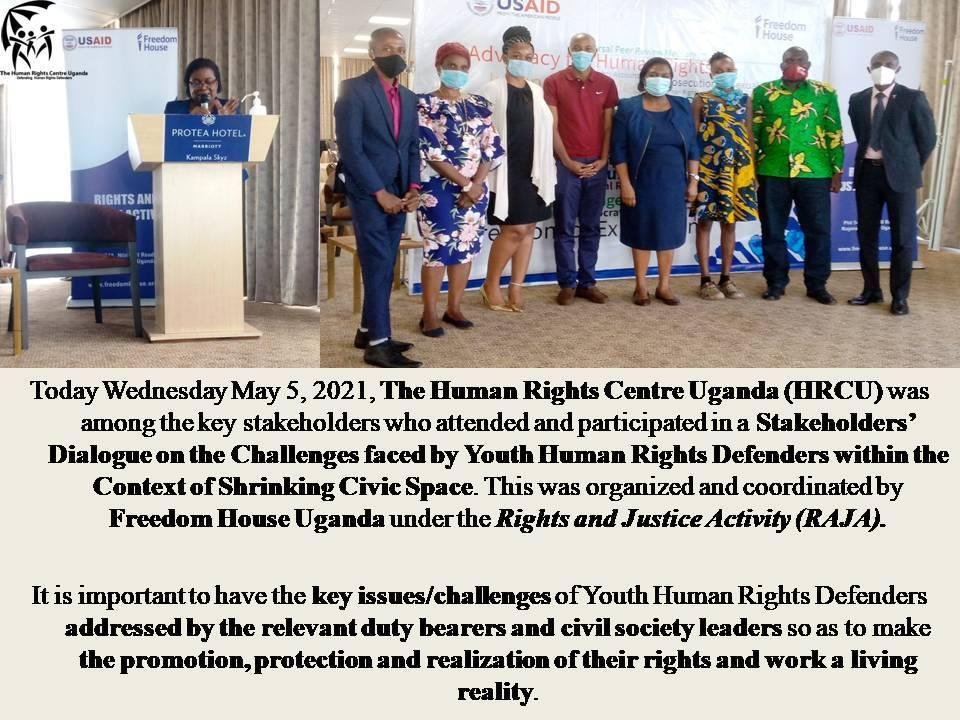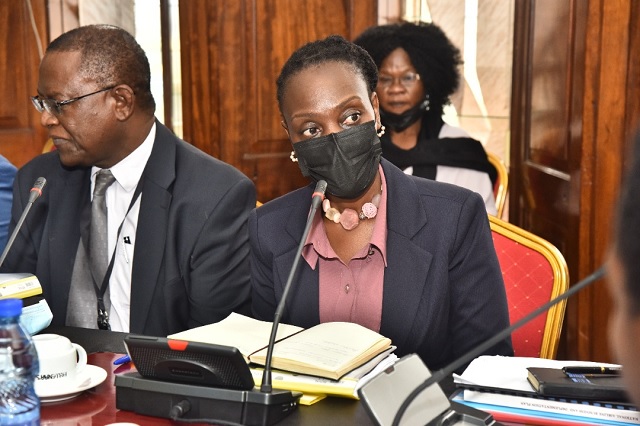
ASARECA Flags -off Farmers Training on Climate Smart Moisture, Nutrient Monitoring Tools
The Association for Strengthening Agricultural Research in Eastern and Central Africa (ASARECA) has initiated a training program for smallholder farmers in the Mubuku Irrigation Scheme, Kasese District, aimed at improving their ability to intensively cultivate small plots and adapt to climate-related challenges.
Launched on Monday, the five-day training of trainers focuses on utilizing climate-smart moisture and nutrient monitoring tools. It is part of the “Accelerating Impacts for CGIAR Climate Research in Africa” project, conducted in partnership with the Alliance of Biodiversity International and the International Centre for Tropical Agriculture (CIAT).
Funded by the World Bank, this initiative seeks to enhance the technical, institutional, and human capacity needed to facilitate the transfer of climate-relevant information, decision-making tools, and technologies to farmers across the region.
CGIAR is a global consortium of international agricultural research centers.
Julian Barungi, the Program Officer for Policy at ASARECA, explained that water scarcity, limited technical knowledge, and the high cost of irrigation equipment pose significant challenges to agriculture in Eastern and Central Africa. She emphasized that effective irrigation is critical to boosting agricultural productivity amid climate change.
Barungi highlighted that many farmers, due to limited technical understanding, tend to over-irrigate their crops, leading to problems such as nutrient leaching and inefficient water use.
ASARECA is now promoting innovations that help farmers manage water resources sustainably by providing tools that allow them to measure precisely how much water their crops need at any given time.
ASARECA is scaling up the use of smart moisture and nutrient monitoring tools, including the Chameleon Sensor Array and reader, as well as nutrient color test strips.
These innovations are being introduced to smallholder farmers in the Mubuku Irrigation Scheme to optimize water usage and reduce wastage.
Barungi stated that ASARECA has gathered select farmers, along with extension workers, experts from the Ministry of Agriculture, Animal Industry and Fisheries, the National Agricultural Research Organisation, and district local government officials. The aim is for these trained participants to pass on their knowledge to other farmers, creating a trickle-down effect throughout the community.
Kasese District Production Officer, Julius Baluku, acknowledged that water rationing has been a source of conflict among farmers in the irrigation scheme. He expressed optimism that the introduction of such technology would enable farmers to use only the water needed for their crops, thus minimizing disputes.
Currently, over 600 farmers utilize the Mubuku Irrigation Scheme for their agricultural activities.
ASARECA is an intergovernmental sub-regional organization with 15 member states, including Uganda, Tanzania, South Sudan, Kenya, and Madagascar, among others.
This training initiative is part of a broader effort to address water and climate-related agricultural challenges in the region, ensuring smallholder farmers are better equipped to sustain their livelihoods.



